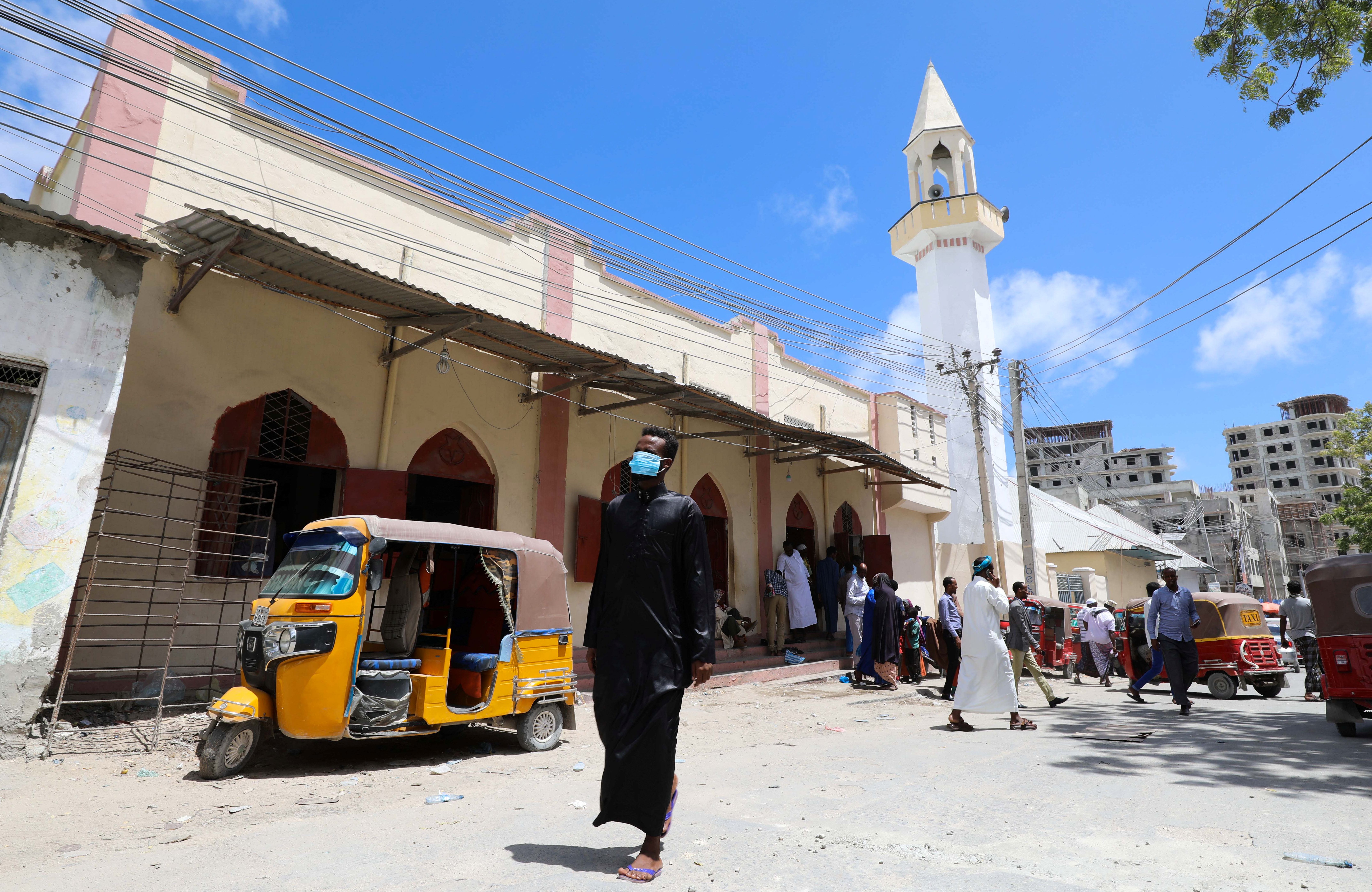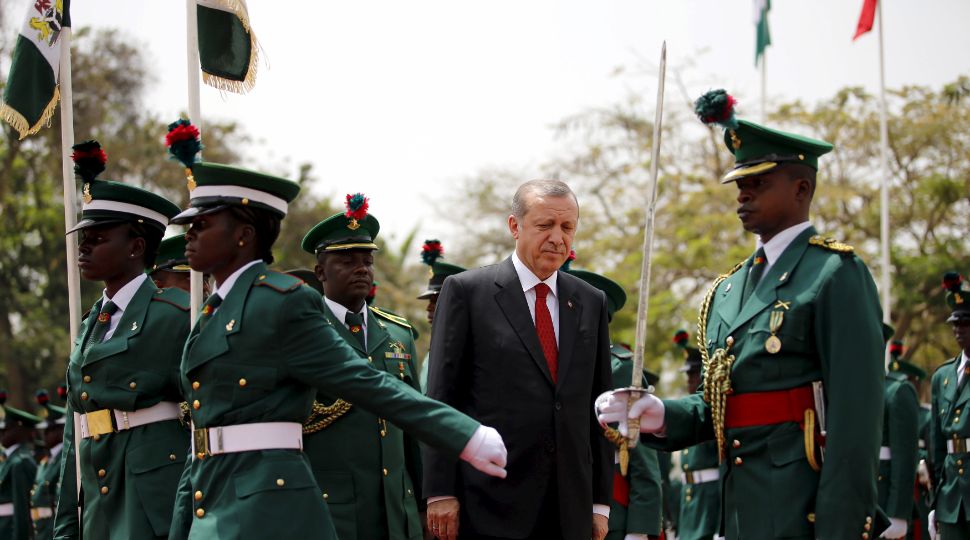Somalia and COVID-19: The Pandemic as a Chance to Strengthen the State

In 2019, Somalia was second to last in the Global Health Security Index ranking covering 195 countries, obtaining the lowest scores in the fields of crisis preparation and access to healthcare. In the expectation that COVID-19 would reach Somalia, from January this year, the WHO trained about 500 local doctors and provided protective equipment needed by medical personnel to help them receive the first 400 or so patients. The day before the first case was confirmed (16 March), Somalia closed its borders to people who had been in China, Iran, Italy or South Korea. Schools, universities and some mosques closed on 17 March. Two days later, all international flights were stopped. On 15 April, a curfew was ordered. In the first days of the pandemic, the capital city of Mogadishu had 25 intensive care beds (with oxygen supply capability) and about 100 for quarantine. By 12 May 1,170 cases of COVID-19 had been recorded in Somalia, mostly in Mogadishu.
Political Barriers in the Fight against the Pandemic in Somalia
The central government has poor legitimacy and operates on a limited territory. After the fall of Siad Barre’s dictatorship in 1991, the state structures collapsed. After a period of clan struggles and the secession of the northern part of the country as Somaliland, a nucleus for civil administration was established in 2007. Then, the UN-backed transitional government formed in exile relocated to Mogadishu with the help of African Union (AU) intervention forces (AMISOM). However, the Al-Shabaab movement, affiliated to Al-Qaida took control of most of the country and the capital. It created its own administration, competing with the unpopular authorities in Mogadishu which lacked a democratic mandate. Although AMISOM forces managed to oust jihadists from the capital in 2011, and the government began regaining territory, Al-Shabaab still dominates the southern part of the country. It also frequently sets bombs in Mogadishu, attacking, among others, government and foreign targets. This prevents international staff from working on the ground. In addition, strong regionalism means that some formally governmental territories such as Jubaland on the Kenyan border are actually independent, and often in conflict with the central authorities. The multitude of power centres and the inaccessibility of areas under extremist control make it near impossible to conduct coordinated actions against natural disasters (such as locustinvasions) and epidemics.
The Somali Approach
The Somali authorities skilfully use the context of the pandemic to strengthen the budget, burdened with servicing foreign debt reaching $5.3 billion. In March, the government finalised negotiations with the EU, the UK and Norway to pay off its outstanding commitments to the African Development Bank and the World Bank (about $500 million). The IMF, in recognition of the public finance reforms carried out since 2016, has qualified Somalia for the programme for debt relief under the Heavily Indebted Poor Countries (HIPC) Initiative. As a result, the Paris Club, where the United States, Italy and Russia are Somalia’s major creditors, declared the write-off of $1.4 billion of debt so the state could spend the money on its response to coronavirus. This is particularly important because the loss of continuity of work among the Somali diaspora in Western Europe and North America has resulted in a reduction in transfers, recently estimated at about $1.5 billion per year.
The government uses unofficial communication channels to strengthen the effectiveness of its ordinances. To make residents act in accordance with WHO recommendations, it works with Quranic schools’ teachers and imams. They broadly use religious references, such as Quranic guidelines on hygiene. These actions counter rumours common among Somalis, for example, that the virus is a divine punishment for countries such as China and the United States, which are "persecuting Muslims" and leads to a certain level of ignorance of the threat of COVID-19. This approach to the crisis is also intended to counterbalance the ideological Al-Shabaab narrative. During its conference held between 13 and 17 March, this organisation suggested that "crusaders" (foreign interveners) were responsible for the pandemic in Somalia. In the past, extremists, unable to respond to natural disasters, lost support of the population and control over territory (as with the famine of 2011 to 12) or let people migrate for help to government territories (as in the cholera epidemic in 2017).
To weaken the influence of Al-Shabaab, which has no medical infrastructure, the authorities are promoting their own successes in managing coronavirus. On 20 April, President Mohamed Abdullahi Farmajo boasted of accepting 350 hospital beds from USAID and announced that, before Ramadan, for the first time, the government supported the poorest, affected by restrictions, with its own resources. Somalia is also trying to show international solidarity. For example, in March it sent 20 doctors to support Italy, the former colonial power in the country. The authorities also benefit from the regional rivalry between Turkey and the United Arab Emirates for influence in Somalia as both countries now provide medical assistance.
The Regional Significance of Al-Shabaab
Parts of Somalia under Al-Shabaab control are key centres of jihadism in Africa. The organisation attracts foreign fighters (including from Europe) and conducts terrorist attacks in the region, especially in Kenya. Uganda, Djibouti and Ethiopia are also threatened. In January, terrorists attacked a U.S. army base near Lamu, Kenya, destroying its equipment and killing three Americans. In response, U.S. forces intensified drone attacks, which weakened the organisation and caused conflicts within its leadership, including over the legitimacy of terrorist activities.
Somali extremists have so far rejected the UN Secretary General’s call to suspend fighting in conflict zones during the pandemic (in contrast to, for example, separatists in Cameroon). However, for the first time since 2011 they did not prejudge the possible acceptance of foreign assistance to the population under their control. Somalia’s international partners, including the EU, the United States, the UK, Canada, the Netherlands, Sweden, Turkey, Egypt and Ethiopia, are seeking such approval.
Prospects
The government of Somalia will continue to use the health crisis to strengthen its legitimacy internally and internationally. The pandemic gives the authorities the best chance of gaining an advantage over Al-Shabaab, because they can prove that they have effective civil protection tools at their disposal. Islamic extremists, aware of their own limitations, may eventually re-engage politically, which would benefit the population. As Somali forces are taking over responsibility for security in the country and the Al‑Shabaab problem from AMISOM, whose mission is to end in 2021, this process may accelerate. Since the AU forces have not been able to resolve the conflict militarily for over a decade, the Somalis themselves will be more willing to seek a political solution. Opening up politically would discourage extremists from conducting attacks in the region, especially in Kenya, and would be a factor stimulating economic integration in the region.
For creditors and financial institutions, the successes or failures of Somalia, one of the first countries to benefit from debt relief, will influence further similar decisions in Africa. Such decisions are highly anticipated, as they offer the fastest way to strengthen healthcare systems in Africa and prevent the continent from becoming a global pandemic centre. Such steps have already been taken by, among others, the IMF, exempting 25 (mainly African) countries (15 April) from debt service, and the G20, freezing repayment of $20 billion for two years’ worth of debts for the poorest countries (15 April).
The process of strengthening the Somali state is threatened by the possibility that the crisis may spiral out of control, for example, by reaching the camps for internally displaced people (2.2 million people in the country). The problem is also the excessive use of force by the police when enforcing restrictions, which may lead to anti-government demonstrations (for example, the one after the shooting of a civilian on 24 April). The possible postponement of the date of the first direct parliamentary election in half a century, planned for the turn of 2020 and 2021, could lead to a political crisis and renewal of clan rivalry.





